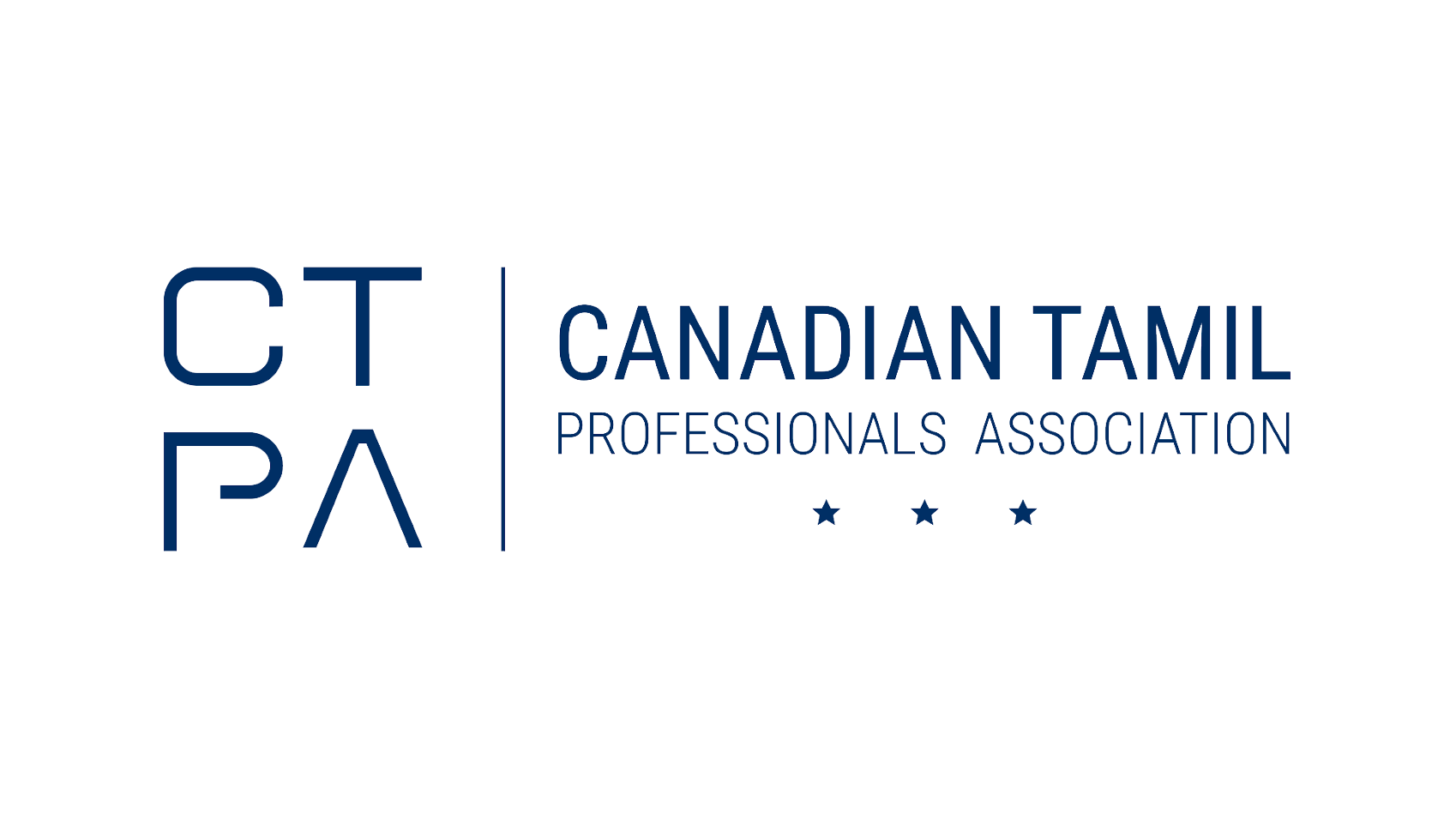Many professionals have gone the distance and that long commute to work or school can be exhausting for the many who endure it regularly. This issue is exasperated in regions like the Greater Toronto Area where, according to a recent study looking at Ontario’s quality of life and well-being, residents have the longest commute time in the province. What does this all mean? In addition to exhaustion there are additional impacts that take a toll on our well-being.
Studies show that long commutes are associated with higher blood sugar and cholesterol levels, as well as temporary spikes in blood pressure. Another study, conducted by the Office for National Statistics in the United Kingdom, found that people who commuted more than 30 minutes a day each way, reported higher levels of stress than those with shorter commutes. This causes a “time crunch” that reduces one’s ability to relieve stress by taking part in leisure activities, community engagements, and spending time on health and wellness. It comes as no surprise that those with long commutes also had lower levels of cardiovascular fitness and physical activity. Moreover, spending hours a week slouched over in a car, bus or train has negative consequences on one’s posture causing muscular pains and aches. Given the impact of long commutes to one’s well-being, today’s professionals make decisions that impact their well-being when deciding where to live.
 Choices, in regards to where one lives, come with their respective costs and benefits. To help decide whether it financially makes sense to move closer to work (and for some emerging Tamil professionals this may mean moving away from the family home), a general rule of thumb is to decide how much rent one can afford to comfortably pay. In addition, one must also consider respective opportunity cost of otherwise saving up that money and possibly investing it. Here is what you should consider.
Choices, in regards to where one lives, come with their respective costs and benefits. To help decide whether it financially makes sense to move closer to work (and for some emerging Tamil professionals this may mean moving away from the family home), a general rule of thumb is to decide how much rent one can afford to comfortably pay. In addition, one must also consider respective opportunity cost of otherwise saving up that money and possibly investing it. Here is what you should consider.
First, calculate how much the time you spend commuting is worth to you. A good way to quantify this is by thinking about your time in terms of an hourly wage. For instance, a professional is deciding whether to continue living in the family home or move out on their own to live closer to work. This professional makes approximately $25 an hour after tax (divide your salary by the numbers of hours you work to determine this). This professional also commutes 1.5 hours each way to work every day. If this professional were to move out to a location that is 30 minutes from their work, they would save about an hour in commute time each way. As a whole, by saving 2 hours every working day (20 days in total over the course of a month) translates to a value of $1000 a month. In this example, this is the opportunity cost that the professional can spend, if they choose to, on rent each month to live closer and save time commuting.
Although, there are many other factors that need to be taken into consideration, such as if the additional time will be productively spent, this is an important decision that today’s professionals must consider and make. When going the distance, how far are you willing to go?
Contributed by Niroja Arulananthan & Pranavan Ganeshalingam
As the Director of Strategy and Volunteer Management for the Canadian Tamil Professionals Asso ciation, Niroja sets organizational goals and works with the team to achieve them. She is a proud alumnus from the University of Toronto and is a champion of social entrepreneurship. Currently, Niroja works at the Ministry of Education as a Business Analyst where she works on a portfolio of projects to enhance the ministry’s ability to make informed decisions on education policies and programs. Niroja has been spearheading the Canadian Tamil Professionals Association’s strategic initiatives for the last two years and now has added Volunteer Management to her portfolio. She is passionate about public service and always seeks to offer a lending hand. She enjoys reading, traveling and dance.
ciation, Niroja sets organizational goals and works with the team to achieve them. She is a proud alumnus from the University of Toronto and is a champion of social entrepreneurship. Currently, Niroja works at the Ministry of Education as a Business Analyst where she works on a portfolio of projects to enhance the ministry’s ability to make informed decisions on education policies and programs. Niroja has been spearheading the Canadian Tamil Professionals Association’s strategic initiatives for the last two years and now has added Volunteer Management to her portfolio. She is passionate about public service and always seeks to offer a lending hand. She enjoys reading, traveling and dance.
As Chair of the Canadian Tamil Professionals Association, Pranavan leads the Board of Directors. A  graduate of the International Bachelors of Business Administration program at the Schulich School of Business at York University, Pranavan is currently an Economic Specialist with the Ontario Ministry of Finance. Part-time, he is currently pursuing a post-graduate certificate in Public Policy and Administration. Previously, he was the Director of Public Relations and has been on the Board of Directors for the past two years. In his free time, Pranavan enjoys reading on topics of motivation and leadership and is an avid networker. He enjoys playing soccer and is a car fanatic.
graduate of the International Bachelors of Business Administration program at the Schulich School of Business at York University, Pranavan is currently an Economic Specialist with the Ontario Ministry of Finance. Part-time, he is currently pursuing a post-graduate certificate in Public Policy and Administration. Previously, he was the Director of Public Relations and has been on the Board of Directors for the past two years. In his free time, Pranavan enjoys reading on topics of motivation and leadership and is an avid networker. He enjoys playing soccer and is a car fanatic.

